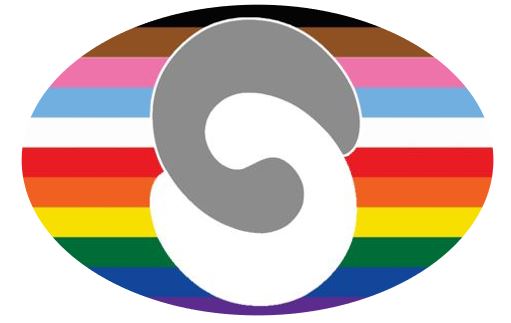Did you open this blog because of the lure of the title? The seductive promise that the writer knows the truth about you? That deep down, even though you recycle plastic or give spare change to the homeless or say hello to strangers – that deep down, you’re kind of bad? Selfish?
Maybe it’s just me. I’m prone to listen carefully from the deepest part of my heart when someone has a criticism. Especially if it has to do with the “s” word. Selfish. Let’s deconstruct it.
Definitely not a compliment
One might be accused of being selfish. It’s a word never meant to be said with praise. Yet I’d like to propose that part of the definition of selfish is benign: Concerned chiefly with one’s own personal profit or pleasure.
Profit and pleasure
These words are written as if they are bad. To me, they are not. There are so many wonderful ways to feel pleasure in this life, and I respect the pursuit of a lot of them. Want to eat a mango while taking bath? Enjoy! Care to read a chapter of an amazing book? Knock yourself out! Fei wrote a blog about the Healing Power of Pleasure. (If Fei writes about it, it has to be good, right?)
So let’s turn to profit. My business won’t survive without it. When I make a sale, I feel elated and I don’t apologize for that. Money itself isn’t good nor bad – it’s what we do with it. So, remind me again, what’s wrong with being profit motivated?
Without regard for others
It’s the other part of the definition that clinches it: It’s the pursuit of wanted things without consideration for others. For example:
- Driving recklessly because it’s fun for you even though it frightens your passengers
- Not telling the whole truth to get a good business deal even though it harms the other party
- Making the perfect joke that gets a laugh and not caring that it hurts someone’s feelings
These examples fit the definition well. But sometimes I think the word selfish is used incorrectly.
Selfish or self-care?
In the past I’ve labeled myself as selfish when my actions would be better categorized as self-care:
- Changing plans with a friend last minute because I need to have alone time
- Saying “no” to a request for help because I know I’ll be resentful if I say “yes”
- Choosing to spend money on myself rather than give it away to charity
Do you notice that each of the examples above require setting boundaries? I have to remind myself of this: Just because someone is disappointed does not mean I’ve done something wrong. It doesn’t mean I’m selfish.
So if the boundary-setting, self-care actions above aren’t selfish. What are they?
Introducing “selfullness”
It’s time for a new word that balances self-care with a conscious regard for others. Happily this word has already been coined by a woman named Mary Tebbs. Selfullness! Selfullness says that I am neither a thief nor a doormat. Here’s my definition: A person is being selfull if she uses nuanced thinking to make choices that honor her needs while being aware of the impact that her decisions have on others.
How can this relate to touch?
Here’s an example of being “selfish” versus “selfull” related to sexual touch:
Selfish: Having casual sex and taking off the condom without the other person knowing. (This is also called “assault.”)
Selfull: Telling the truth to a potential one night stand about what’s wanted and giving that person the freedom to decide their risk tolerance.
Here’s an example of being “selfish” versus “selfull” related to cuddling:
Selfish: Taking touch that’s not being offered. Feeling entitled to access to a person’s body.
Selfull: Knowing that it’s wonderful to enjoy a touch experience while also being aware that a cuddle buddy can change their mind at any time.
My hope is that we see more selfullness in this world and less of the other. Yeah, I’m a fan of selfullness.

